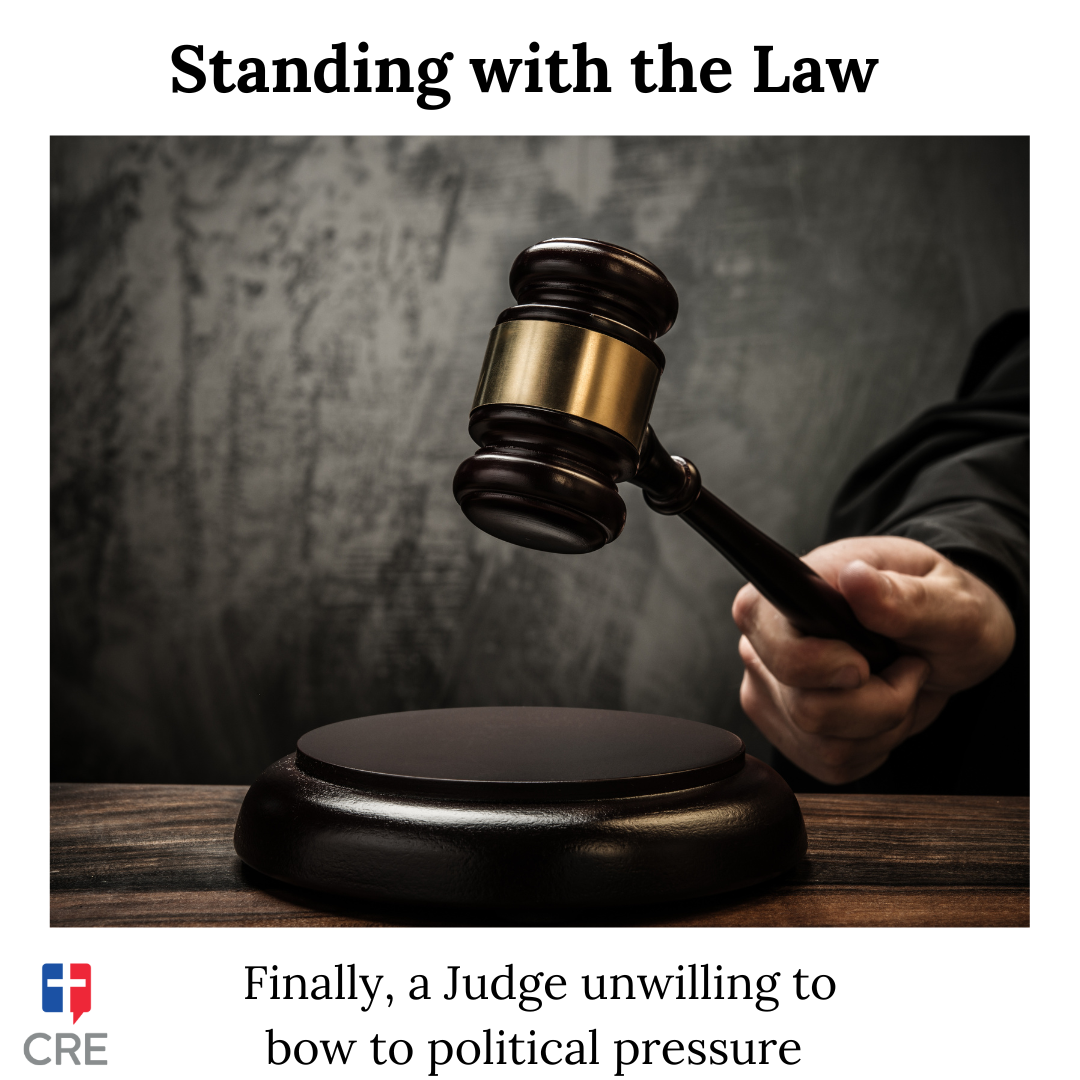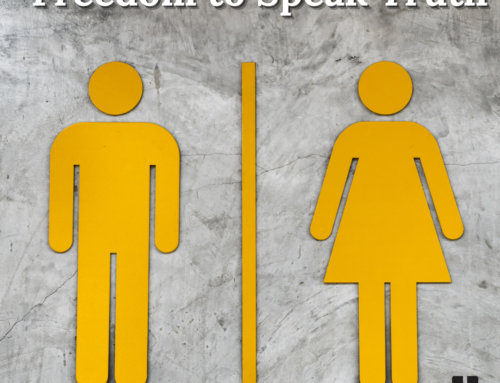Hans Christian Anderson’s famous story, The Emperor’s New Clothes, teaches that we should strive to discern and declare truth in the face of mounting political pressure. This vitally important lesson was exhibited last week by district court Judge Martin Feldman in his remarkable and courageous ruling upholding the Louisiana constitutional provision that defines marriage as a union between one man and one woman.
Contrary to popular belief, traditional marriage is not dead (or at least not yet). In last year’s much ballyhooed decision of U.S. v. Windsor, the Supreme Court did not strike down the traditional meaning of marriage. Though this nuclear option was squarely before the Court, and strenuously sought, the Court opted to go in another direction. Justice Kennedy, speaking on behalf of the majority, held deference ought to be afforded states in the realm of marriage, allowing states to define marriage for themselves and their citizens an opportunity to participate in the democratic process on this important social issue.
But following this decision, akin to Anderson’s tale of swindlers selling imaginary clothes to the Emperor, same-sex marriage activists developed a clever plan to fool judges and everyone else. They put together talking points boasting of a new right for same-sex couples to marry, though none in truth exists. Coupling this fictional guarantee with the on-going, slick marketing campaign that links their cause to the virtue of equality, these activists trumpeted the Windsor decision as precedent triggering a massive overhaul of the marriage institution.
The swindlers in Anderson’s story preyed on pride and fear, claiming the fabricated garments could only be seen by those fit for their office. These real-life, contemporary swindlers, with the aid of media allies, employed a like strategy, laboring to convince judges that only those able to see the merits of their take on marriage are fit for the bench.
The pretense has worked exceedingly well. A federal judge from Utah was the first to succumb, ruling unconstitutional the state’s law adopting the traditional meaning of marriage – despite the Supreme Court’s strong admonition about marriage being the peculiar province of the states. A couple of months later, a judge from Oklahoma overruled the will of citizens, characterizing a state constitutional amendment defining marriage in the traditional way as “an arbitrary, irrational exclusion….” A judge in Kentucky soon followed suit, and subsequently, judges in Virginia, Texas, Tennessee, Michigan, Arkansas, Idaho, Oregon, Pennsylvania, Wisconsin, Indiana, Colorado, and Florida fell in line with their colleagues.
At the appellate level, supporters of alternative marriage have enjoyed similar success. The U.S. Court of Appeals for the Tenth Circuit upheld a lower court ruling striking down the state’s idea of marriage, as did the Fourth Circuit. Just last week, the Seventh Circuit joined the fray, upholding rulings in Wisconsin and Indiana condemning traditional marriage laws, chastising these two states for limiting marriage to its historical boundaries.
But, Judge Feldman, encountering this tidal wave of rulings overturning state constitutional amendments all over the country, resisted the urge. Standing alone, he had the temerity to say no.
Judge Feldman correctly observed the Supreme Court has yet to label sexual orientation a suspect class, like race, religion, or national origin. Consequently, to pass muster on an equal protection claim, the state need only show a rational basis for the law. And, as Judge Feldman discerned, Louisiana’s interest in maintaining a state-wide understanding of marriage that focuses on the welfare of children and facilitates a system that gives children the best opportunity to be raised in a home with both a mom and a dad is not only rational, but an imminently reasonable, approach.
Judge Feldman saw through the empty rhetoric of same-sex marriage advocates just like the child saw through the illusory clothes of the Emperor. Like that child, the judge stated the obvious, remarking: “The Court is persuaded that a meaning of what is marriage that has endured in history for thousands of years, and prevails in a majority of the states today, is not universally irrational on the constitutional grid.”
In the story of The Emperor’s New Clothes, the child was initially subject to ridicule for his statement. The same has been true for Judge Feldman, with media and pundits heaping much criticism on him. But, in the tale, the people began slowly to put aside their pride and fear, and they came around to the truth. Let’s hope Feldman’s fellow judges will do likewise.
Posted by Nate Kellum






